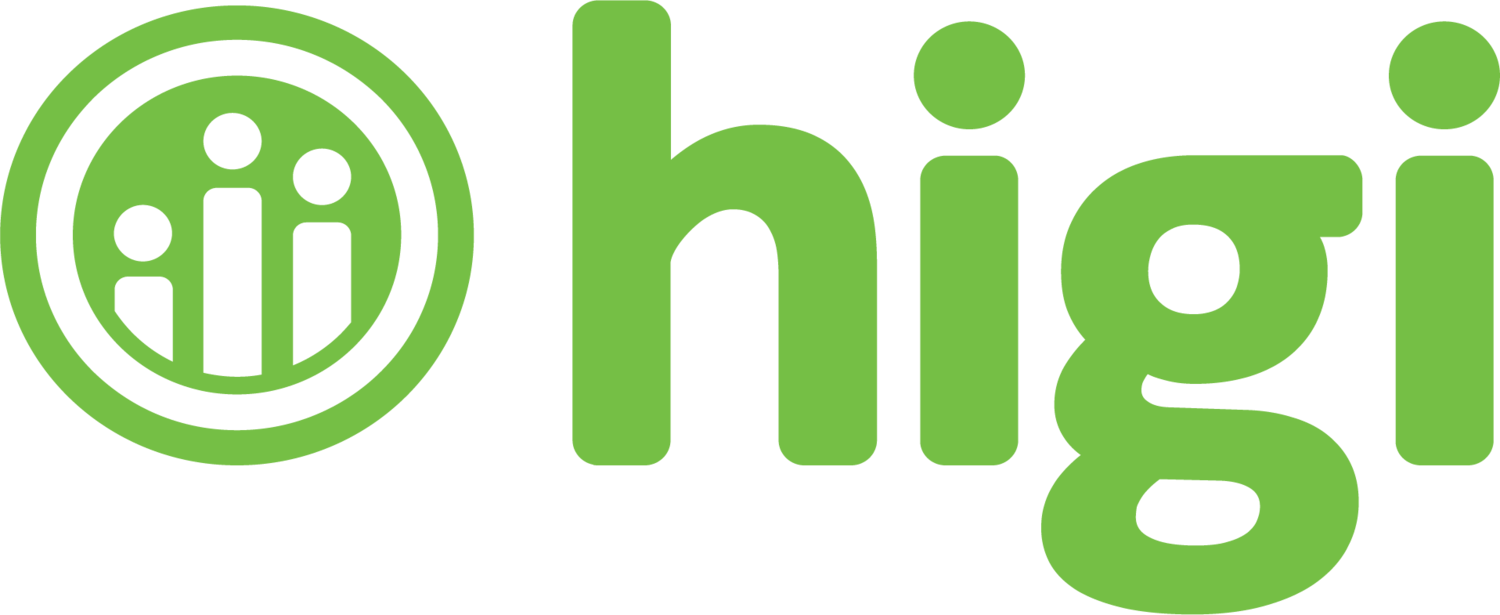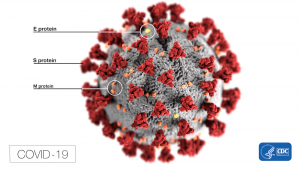What you should know about the coronavirus
Last updated on November 5, 2020
As the coronavirus disease 2019 (COVID-19) dominates news headlines, it’s natural to feel afraid or anxious. The situation is rapidly changing and the healthcare community is still learning how coronavirus spreads, how severe it is, who is most at risk and how it will affect our communities. On behalf of Higi, we want to help you learn the facts about the coronavirus and ways you can take precautions and prepare yourself for its rapid spread. Despite all of the uncertainty, one thing we can be sure about is that we all have an important role to play in planning for and responding to the disease – not only to protect ourselves and our loved ones, but our communities at large.
Everyday habits to reduce your risk
Currently, there is no vaccine against the coronavirus. Therefore, to help prevent the spread of the disease, the Centers for Disease Control and Prevention (CDC) recommends that everyone should:
In public settings, wear a face mask that covers your mouth and nose and continue to keep about 6 feet between yourself and others. A mask should be worn even if you do not feel sick.
Wash your hands frequently for at least 20 seconds at a time. Not sure about whether to use soap or sanitizer? Check out the video below for some brief information about what you need to know about hand-washing.
Try not to touch your eyes, nose, or mouth
Avoid close contact with people who are sick
Cover your cough or sneeze with a tissue and throw used tissues in the trash
Clean and disinfect frequently touched objects and surfaces. Here’s a handy list of cleaners and disinfectants that can fight the coronavirus.
Monitor your health daily and watch for fever, cough, shortness of breath, or other symptoms of COVID-19. If symptoms develop, stay home except to get medical care and follow CDC guidance.
These personal hygiene habits can be extremely effective in reducing your risk not only for coronavirus, but also for other common diseases like the flu or cold.
Plan ahead
According to the World Health Organization (WHO), illness due to coronavirus infection is generally mild, especially for children and young adults. So far, we know that older people and those with pre-existing medical conditions (such as high blood pressure, heart disease, blood disease, cancer and diabetes) appear to develop serious illnesses more often than others.[2] In the event of an outbreak in your community, here are some tips for preparing your household[1],[3]:
Create a list of emergency contacts
Plan ways to care for household members who may be at increased risk
If your neighborhood has a website or social media page, consider joining to stay up to date
Store a two-week supply of water and food (including non-perishable items like canned vegetables, rice or pasta)
If possible, check your regular prescription drugs to ensure a continuous supply is available in your home
Have any nonprescription drugs and other health supplies on hand, including pain relievers, stomach remedies, cough and cold medicines, fluids with electrolytes, and vitamins
Other helpful resources
As always, make sure you refer to your state officials for guidance and regulations for shelter in place as these will continue to change. For more detailed information about how you can prepare for the coronavirus, check out these resources for specific groups:
References
[1] Coronavirus 2019 (COVID-19): Prevention and Treatment. Centers for Disease Control and Prevention.
[2] Q&A on coronaviruses. World Health Organization.
[3] Pandemic. Department of Homeland Security.

